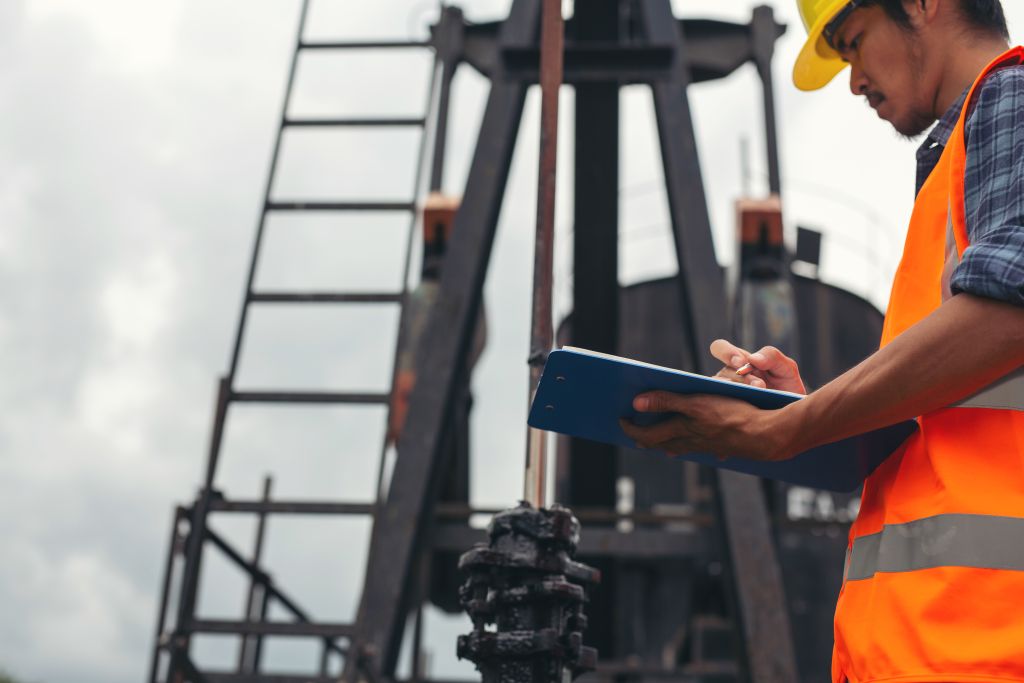Statutory services
Enhance safety, environmental stewardship, and operational efficiency, ensuring vessels meet the highest standards in maritime industry practices.

ClassNR ensures safe and compliant operation. We adhere to a comprehensive framework of regulations set forth by international conventions and maritime authorities. Our commitment includes maintaining a robust Safety Management System (SMS) in line with the International Safety Management (ISM) Code, conducting regular inspections and surveys through accredited classification societies, and ensuring all vessels possess the necessary certifications and documentation, such as Load Line and International Ship Security Certificates.
Statutory services are crucial for maintaining the safety, efficiency, and environmental compliance of vessels. We at ClassNR ensure that ships operate within the established legal frameworks, reducing risks and enhancing maritime safety.
ClassNR is in authorization with various Flag administration act on their behalf to conduct statutory surveys and audits and issue certificates in accordance with international conventions and codes, as well as national requirements per taining to safety at sea and the prevention of marine pollution.
Major international conventions and codes directly relevant to the surveying, auditing and certification activities of the Society include the following.
- International Convention on Load Lines (ICLL)
This Convention defines the limits of load lines (i.e. legal limit of loaded cargo weight) and tightness in order to ensure the safety and watertight integrity of the vessel. - International Convention for the Safety of Life at Sea (SOLAS)
The SOLAS Convention sets out safety standards for ship construction, fire integrity, life-saving equipment, and radio communications etc. for the purpose of safety of life at sea. - International Convention for the Prevention of Pollution from Ships (MARPOL)
This Convention sets out the requirements for pre-venting and minimizing pollution from ships including pollution by oil, noxious liquid substances in bulk, sewage from ships and air pollution from ships etc. in order to preserve the marine environment. - Convention on the International Regulations for Preventing Collisions at Sea (COLREG)
The COLREG Convention defines navigational rules and requirements regarding signal display and shapes according to vessel type and voyage conditions in order to prevent vessel collisions at sea. - International Convention on Tonnage Measurement of Ships (TONNAGE)
The TONNAGE Convention i.e. TM69, which was introduced in 1969, sets out a universal system for the measurement of the gross and net tonnages of a ship - International Management Code for the Safe Operation of Ships and for Pollution Prevention (International Safety Management Code) (ISM Code)
The ISM Code sets out requirements for ship management companies to implement and maintain Safety Management System (SMS) by the company and on board in order to ensure the safe management and operation of vessels. - International Ship and Port Facility Security Code (ISPS Code)
The ISPS Code stipulates requirements for ship management companies to implement and maintain Ship Security Plan (SSP) on board in order to ensure the safety and security of vessels and port facilities. www.nautilusregister.org Rev.08/2009-05/ClassNR 10 - Maritime Labour Convention 2006 (MLC, 2006)
The MLC stipulates requirements for ship owners to implement and maintain measures to comply with provisions for seafarers’ living and working conditions etc. on board ships in order to improve their occupational health and safety with the aim of fair competition within the shipping industry. - International Convention on the Control of Harmful Anti-Fouling System on Ships, 2001 (AFS)
In order to protect the marine environment and human health, regulations have been put in place for the use of anti-fouling hull paint containing tributyltin (TBT) and other organic tin compounds, used to prevent shells and other marine organisms from attaching to the hull. - International Convention for the Control and Management of Ship’s Ballast Water and Sediments, 2004 (BWM)
Regulations for appropriate ballast water management on vessels were established in order to protect the marine environment from potentially harmful organisms contained in ballast water discharge.

